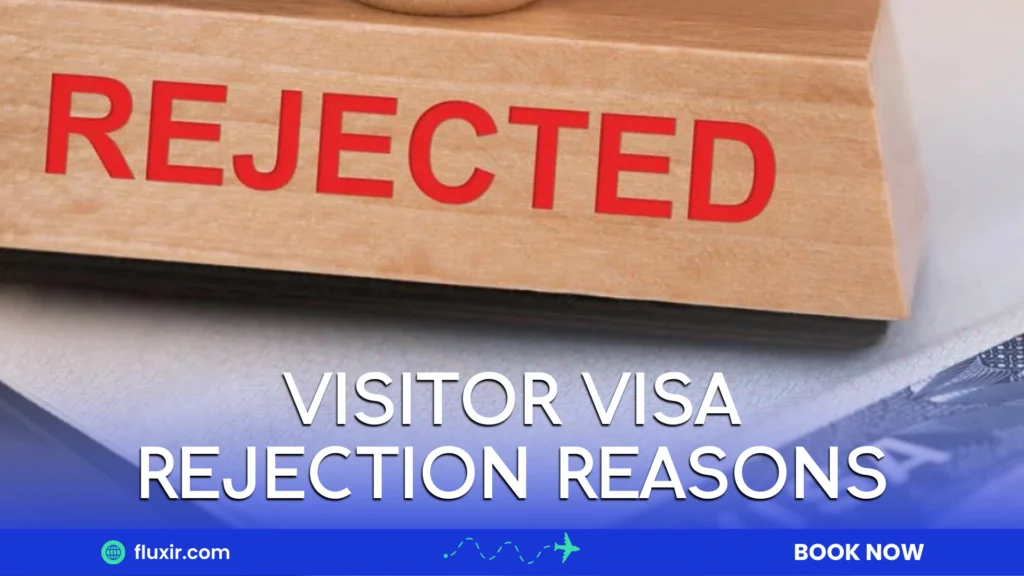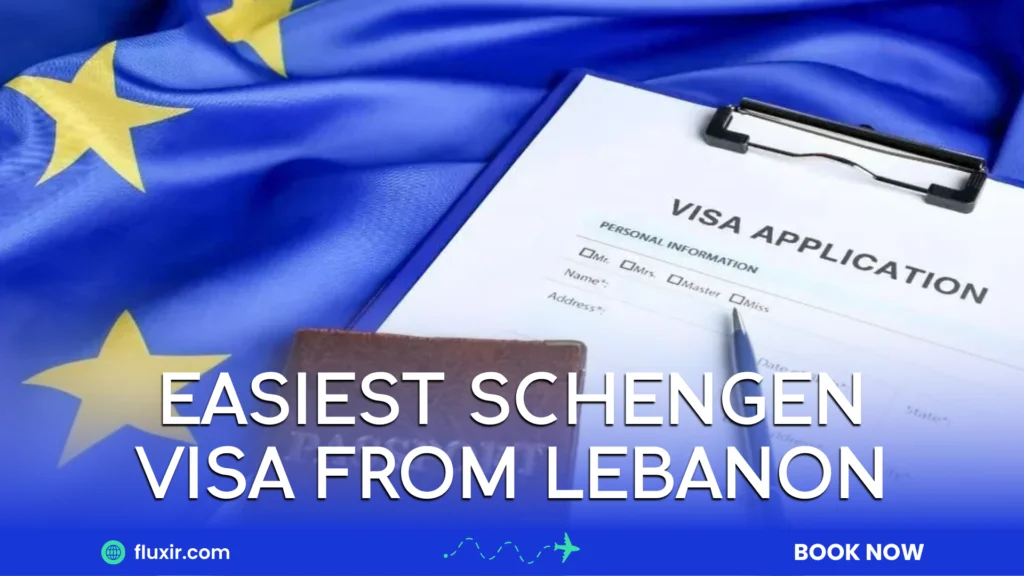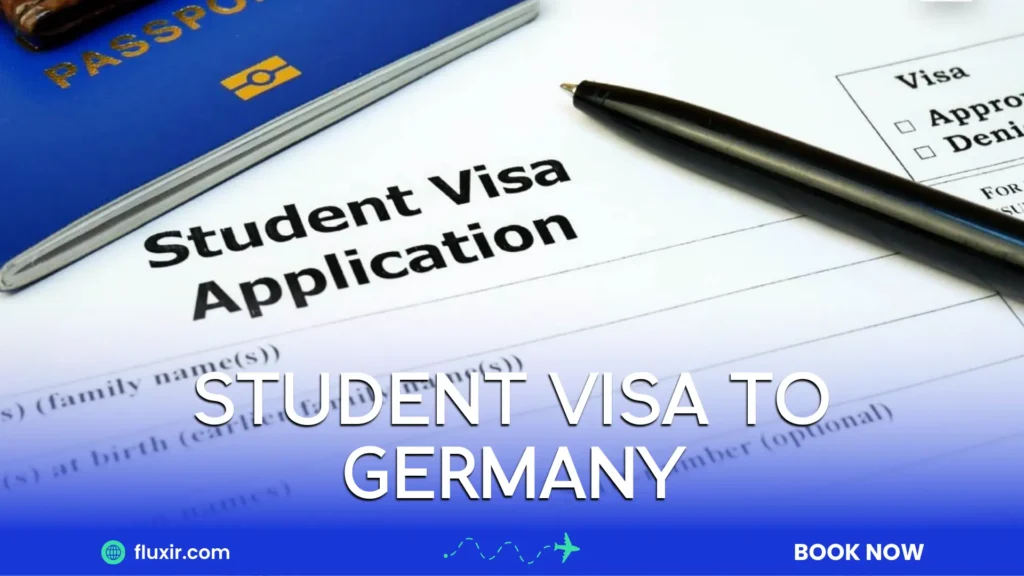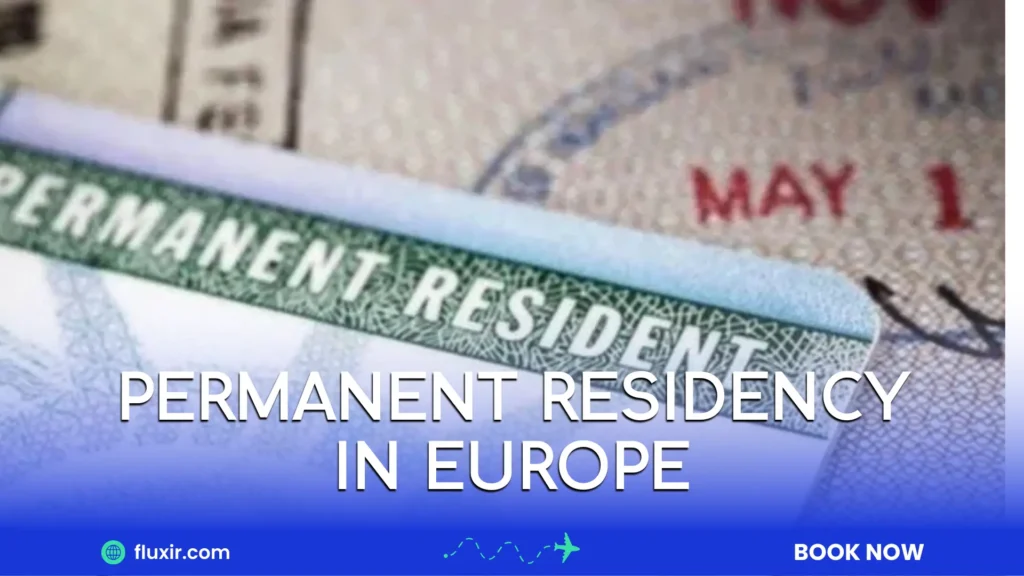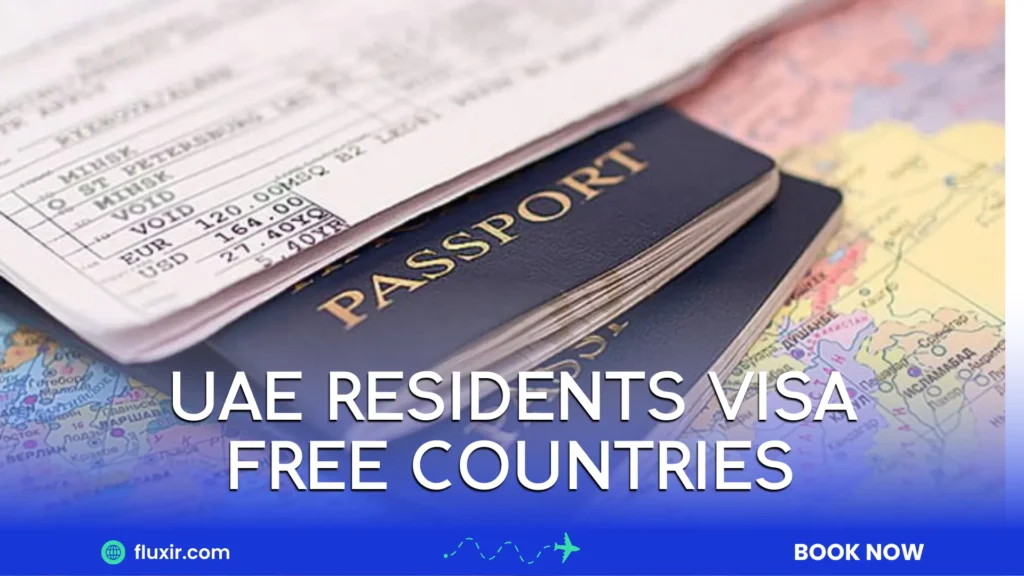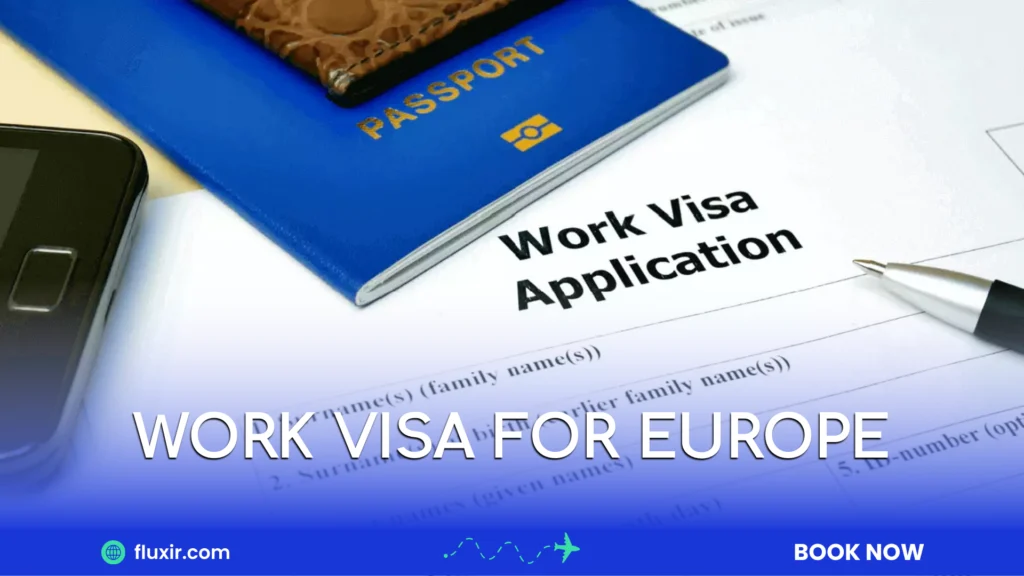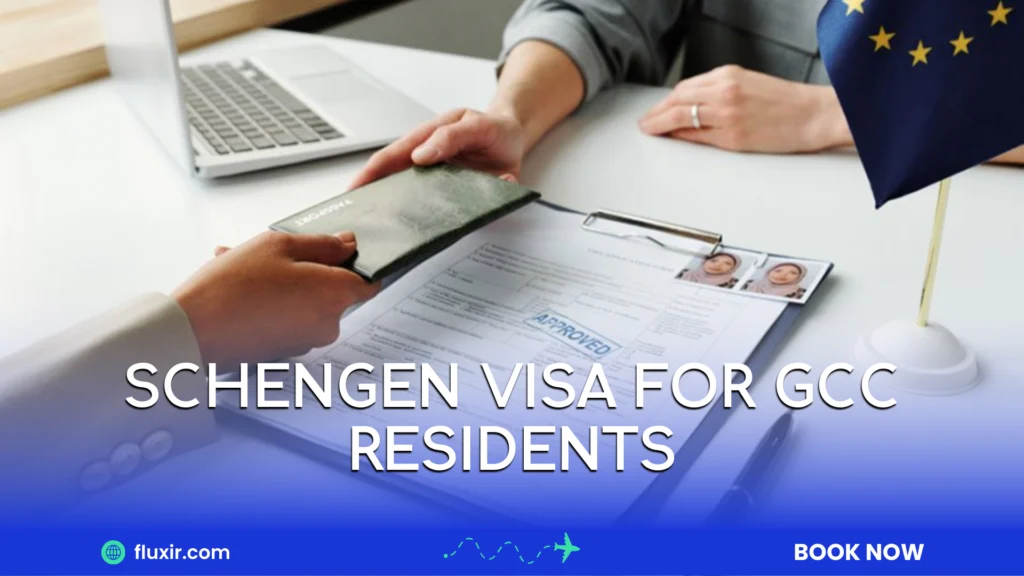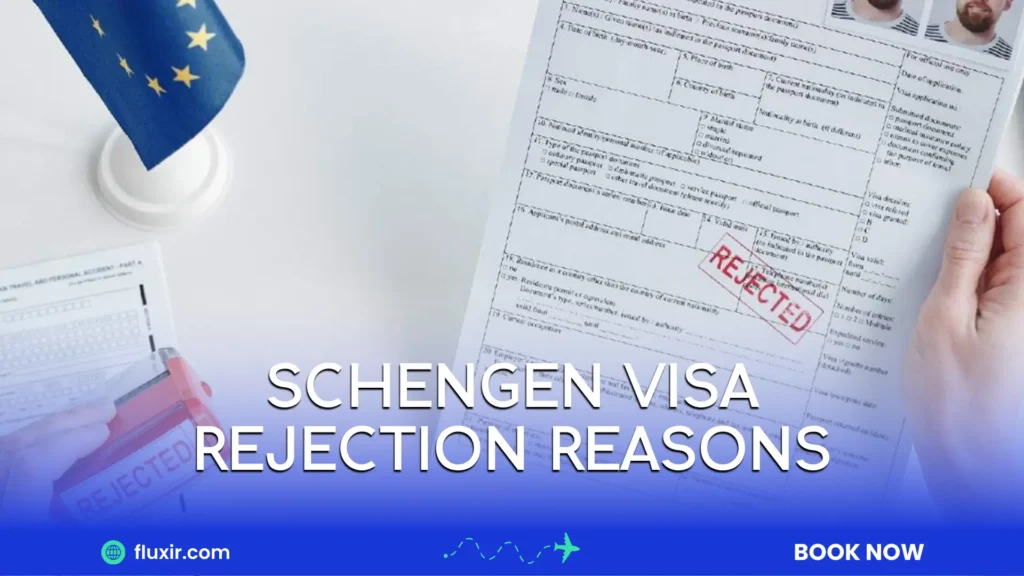Visitor Visa Rejection Reasons: Why Applications Get Denied & How to Avoid It
Applying for a visitor visa can be a stressful process, and getting rejected can be frustrating; Many applicants are denied due to avoidable mistakes, missing documents, or not meeting specific requirements. Understanding visitor visa rejection reasons can help you avoid common pitfalls and improve your chances of approval. In this article, we’ll explore the most common visitor visa rejection reasons, what to do if your visa is denied, how to strengthen your reapplication, and how Fluxir can assist in reducing rejection risks. Common Visitor Visa Rejection Reasons Visa applications are rejected for various reasons, but some are more common visitor visa rejection reasons than others; Here are the top factors that lead to a visa denial: Insufficient Financial Proof One of the main visitor visa rejection reasons is the failure to provide sufficient financial proof; Embassies want to ensure that applicants have enough funds to cover their travel expenses, including accommodation, transportation, and daily living costs. How to avoid this: Provide recent bank statements showing a stable income. Include proof of employment, business ownership, or sponsorship. Show evidence of prepaid travel expenses (hotel bookings, flight tickets). Weak Travel History A poor or non-existent travel history can raise concerns for visa officers; If you haven’t traveled before, the embassy might worry that you will not return to your home country. How to avoid this: If possible, visit visa-friendly countries first to build a travel history. Provide a strong reason for your visit, such as family events or tourism plans. Show proof of previous visa approvals if applicable. Incomplete or Incorrect Documentation Missing or inaccurate documents can result in an automatic rejection; Embassies require specific paperwork, and even a small mistake can lead to a denied application. How to avoid this: Double-check all required documents before submission. Ensure all translations and notarizations meet embassy standards. Get professional assistance from a visa consultant like Fluxir. Lack of Strong Ties to Home Country Visa officers need to be convinced that you will return home after your visit; If they suspect you might overstay, they will reject your application. How to avoid this: Show proof of employment, business ownership, or ongoing studies. Provide property ownership documents, family ties, or any commitments in your home country. Submit a return flight ticket and a detailed travel itinerary. Previous Visa Rejections If you have a history of previous visa denials, it may impact future applications, especially if the issues were not addressed. How to avoid this: Understand the reason for the previous rejection and correct any issues. Provide additional supporting documents to strengthen your case. Work with professionals like Fluxir to review your application before submitting it again. Unclear Purpose of Visit If your travel purpose is not well explained, your application may be rejected; Embassies need clear reasons for your visit and proof to support it. How to avoid this: Submit a well-detailed cover letter explaining the purpose of your visit. Provide supporting documents like invitation letters, event tickets, or business meeting confirmations. Ensure all documents align with the stated reason for travel. Criminal Record or Immigration Violations Applicants with a criminal record or past immigration violations may face automatic rejection and it is considered one of the common visitor visa rejection reasons. How to avoid this: Be honest in your application and disclose any past issues if required. Provide supporting documents that show rehabilitation or legal clearance. Seek expert advice from Fluxir if you have concerns. Steps to Appeal a Visitor Visa Rejection If your visitor visa application is denied, don’t lose hope because you have the right to appeal or reapply; Here’s what you should do: Understand the Rejection Reason Carefully read the refusal letter to identify the exact reason for the rejection; This will help you address the issue when appealing or reapplying. Gather Additional Supporting Documents If the rejection was due to missing information, provide additional documents to strengthen your case. Write a Strong Appeal Letter Some countries allow applicants to appeal a visa rejection; Your letter should include: A polite and professional tone. A clear explanation of why the decision should be reconsidered. Any new supporting documents that strengthen your case. Seek Professional Assistance Appealing a visa rejection can be complicated; Fluxir can help you prepare a strong appeal and ensure that all documents are correctly submitted. Reapply If Necessary If appealing is not an option, you can submit a new application with improved documentation; Make sure to fix the mistakes that led to the first rejection. How to Strengthen a Reapplication If you decide to apply again after facing any visitor visa rejection reasons, follow these steps to increase your chances of approval: Fix the Issues from the Previous Application: Address the specific rejection reasons mentioned in your refusal letter. Provide Stronger Financial Proof: Ensure that you meet the minimum financial requirements by showing higher savings or a stable income. Clarify Your Travel Purpose: Submit a clear and well-documented itinerary, including hotel bookings, return flight details, and invitation letters. Demonstrate Strong Ties to Your Home Country: Prove that you have commitments that will make you return after your trip, such as a job, business, or family obligations. Get Expert Assistance: Seek help from visa professionals like Fluxir to review your application and guide you through the process. How Fluxir Can Help Reduce Visa Rejection Risks Fluxir can help you greatly in avoiding visitor visa rejection reasons as follows: Expert Application Review: Our team checks your documents to ensure they meet the latest visa requirements. Financial Proof Guidance: We help you understand how to present your financial documents correctly. Customized Document Checklist: We provide a detailed checklist so you don’t miss any important paperwork. Reapplication & Appeal Support: If your visa was rejected, we guide you through the appeal process or help you submit a stronger reapplication. Visa Interview Preparation: If an interview is required, we offer tips and mock sessions to help you feel confident. In conclusion, understanding visitor visa rejection reasons is the first step to avoiding them. By

